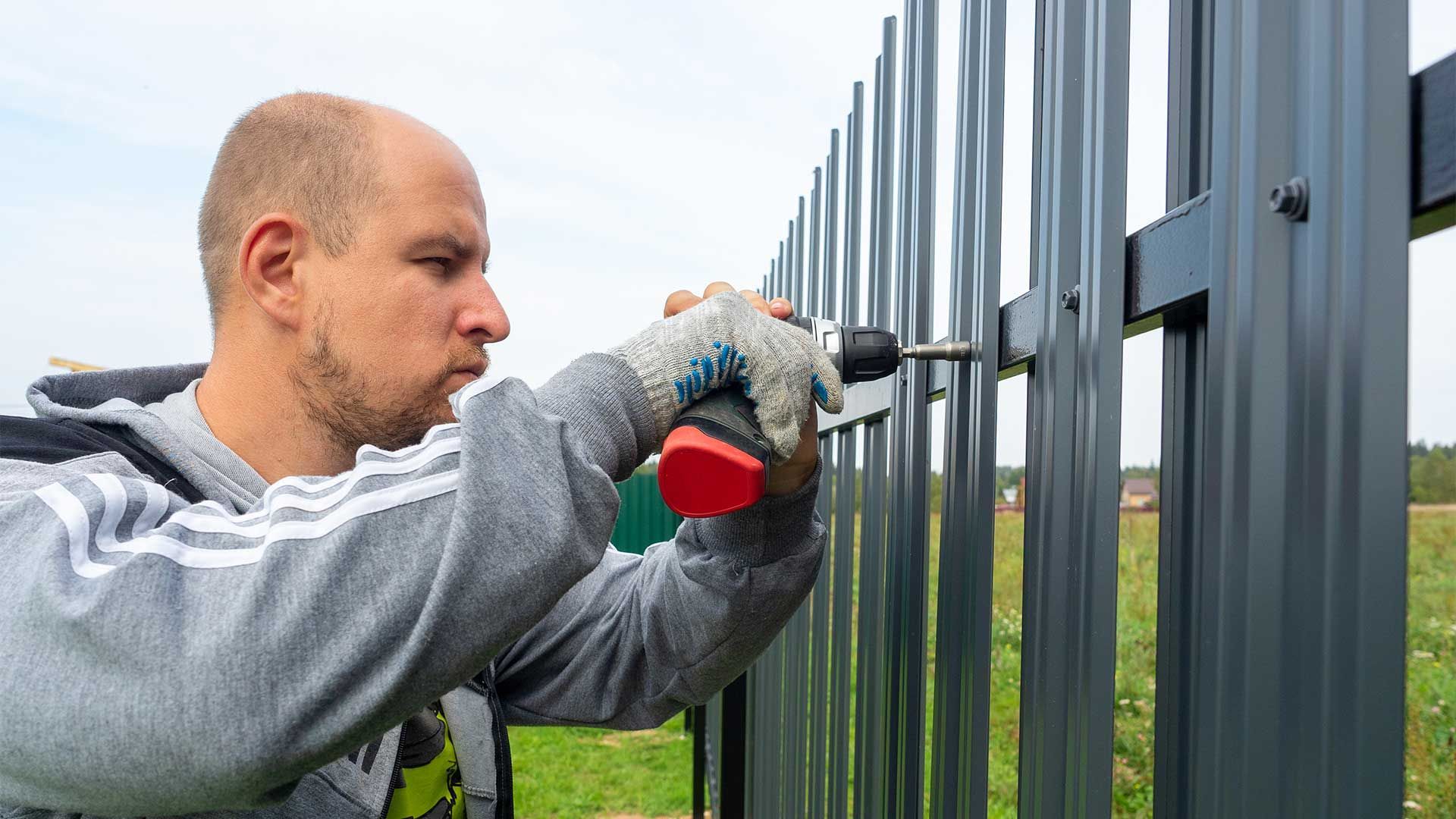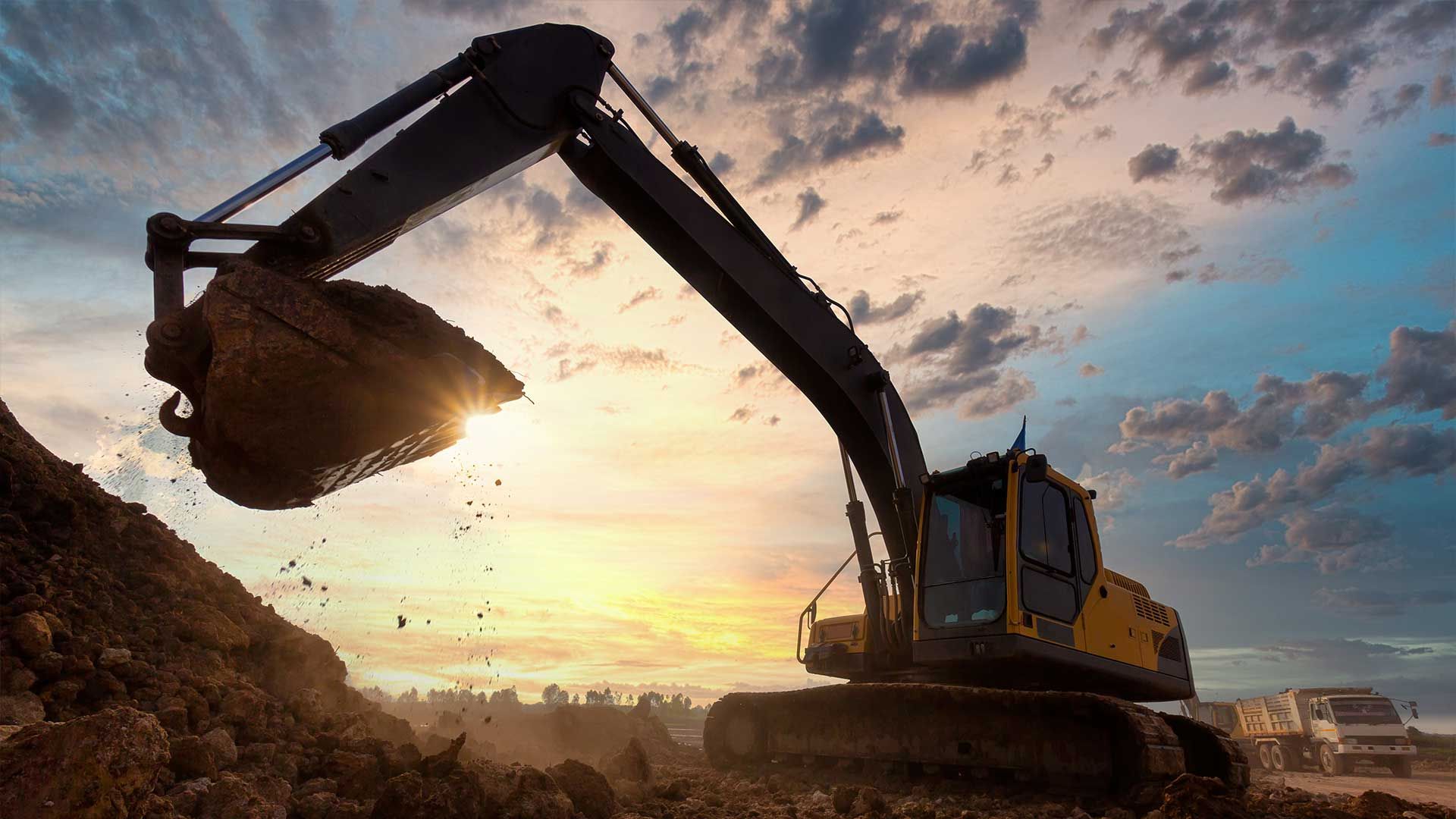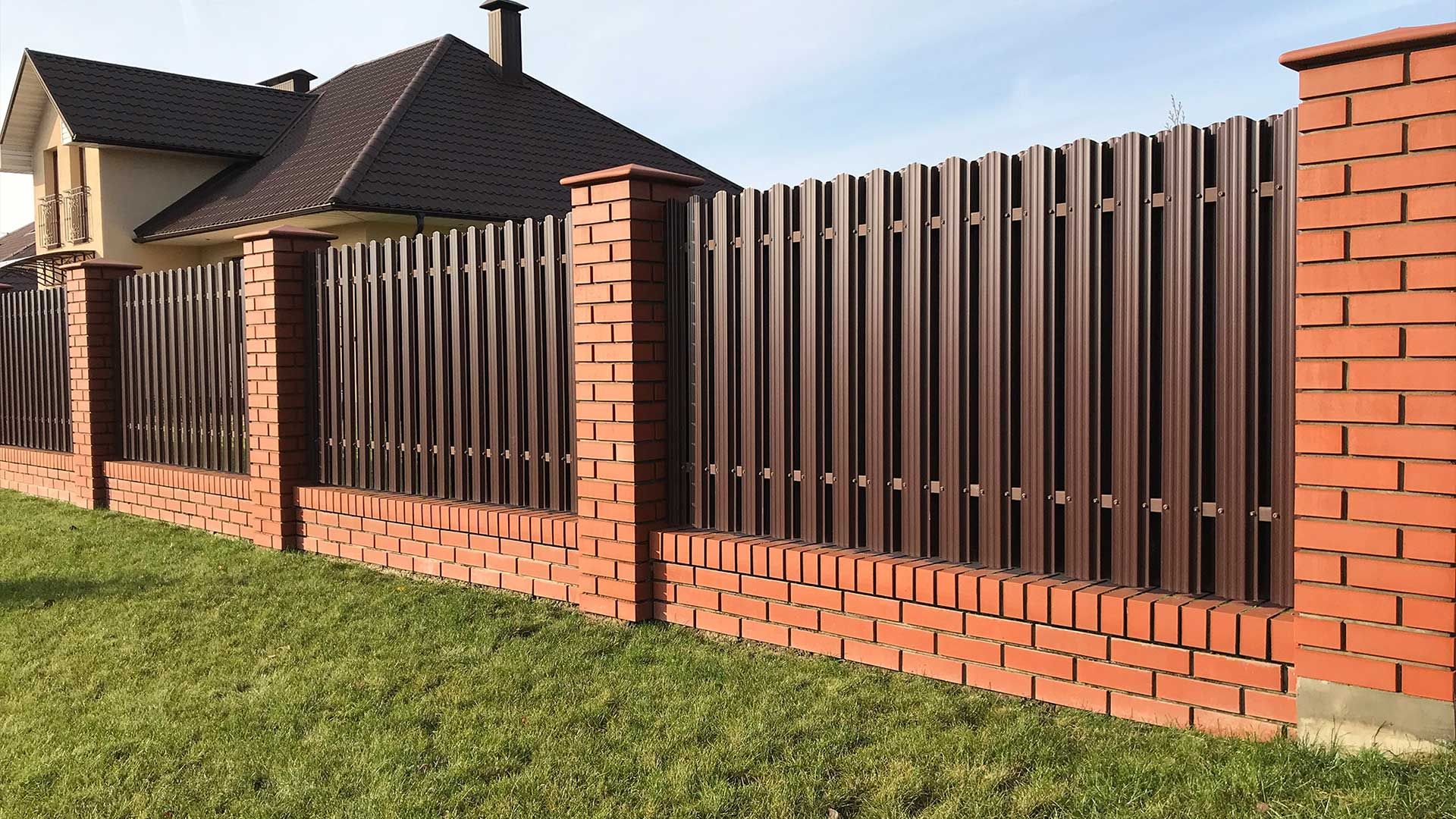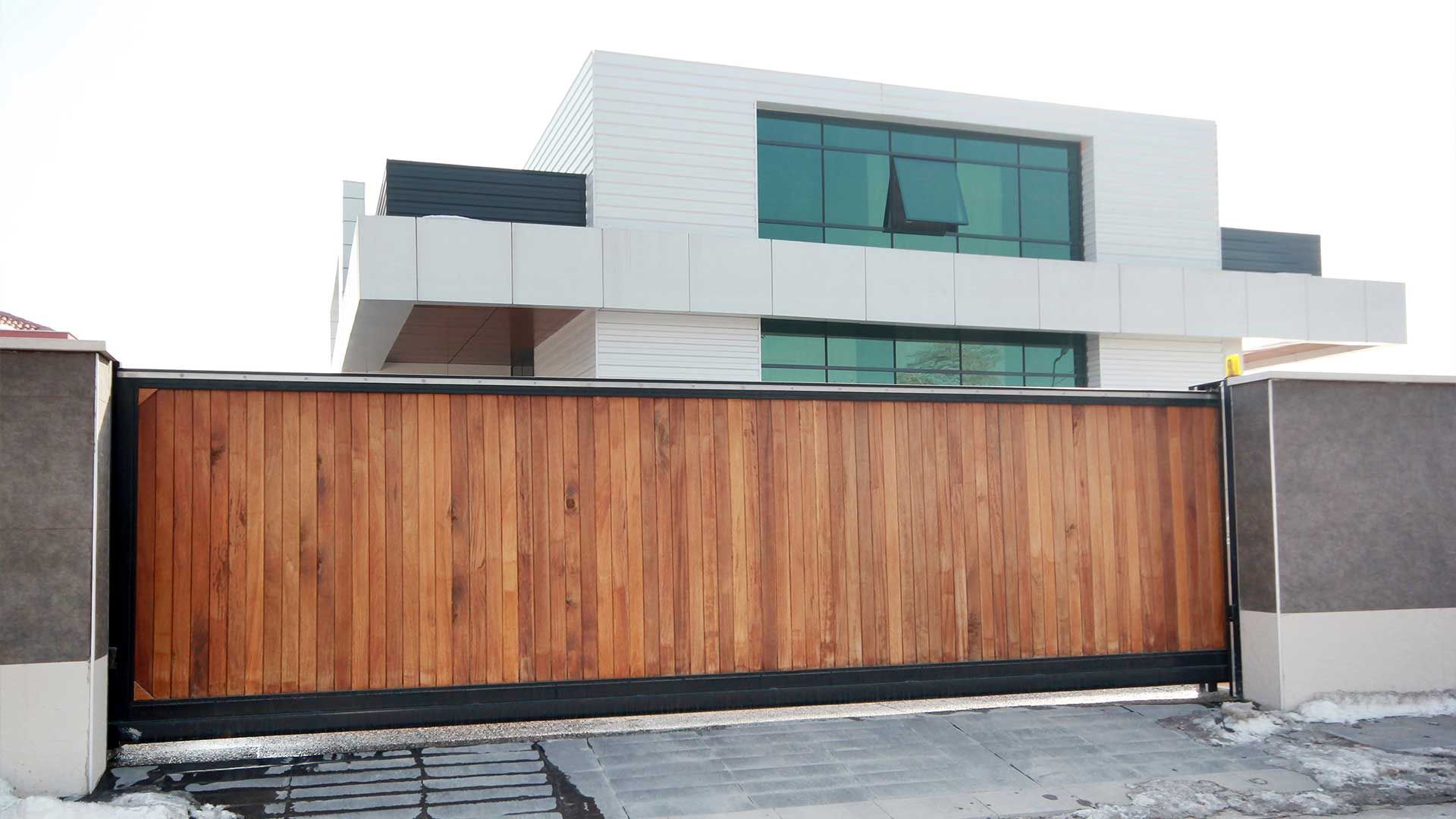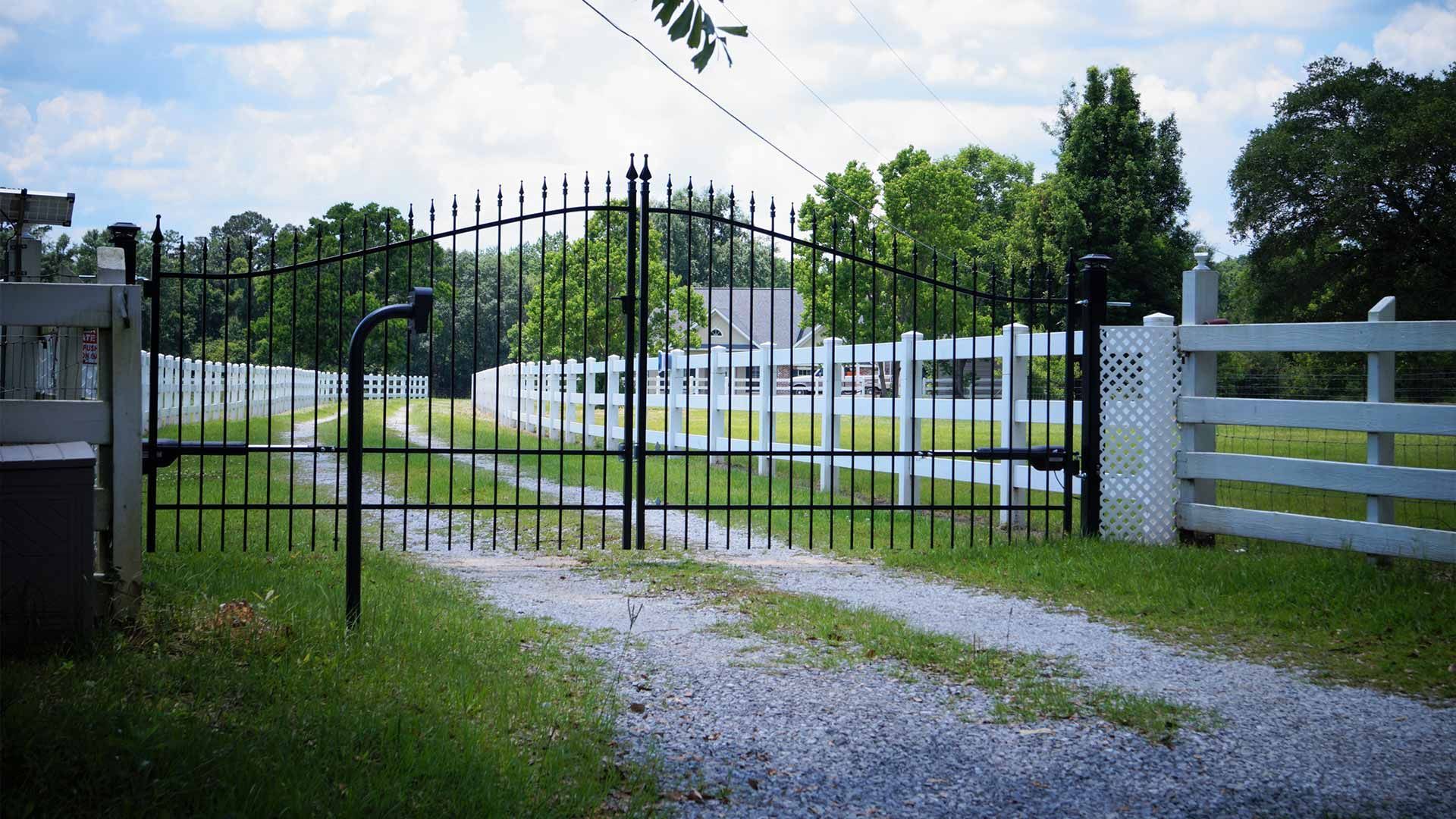Contact info

Agricultural Fence Types: Which One Suits Your Farm Best?
When it comes to safeguarding your farm and ensuring the well-being of your livestock, choosing the right agricultural fence is a decision of utmost importance. The right fence can provide security, containment, and peace of mind for farm owners. With a variety of agricultural fence types available, it's crucial to understand which one aligns perfectly with your farm's unique requirements. In this comprehensive guide, we will explore the different types of agricultural fences and help you determine which one suits your farm best.
Your choice of agricultural fence should be driven by factors such as the type of livestock you raise, the specific areas you need to secure, and the terrain of your farm. Each fence type has its own set of advantages and considerations, and by the end of this article, you'll have a clear understanding of which fencing solution is the most suitable for your farm's needs. Let's delve into the world of
agricultural fences and make sure your farm is well-protected and efficient in its operations.
Understanding Your Farm's Requirements
Before diving into the various agricultural fence types, it's essential to assess your farm's unique requirements. No two farms are alike, and each has its distinct needs when it comes to fencing. Understanding what your farm needs is the first step in selecting the right agricultural fence that suits your specific situation.
Consider factors such as the type of livestock you're raising. Do you have cattle, horses, poultry, or other animals? Each type of livestock may have different fencing requirements in terms of height, strength, and spacing.
Additionally, evaluate your farm's security needs. Are you trying to keep predators out or your animals in? The level of security required will influence your choice of fence type.
Terrain is another critical factor. Is your farm located on flat land, hills, or uneven terrain? The topography of your farm can affect the feasibility and cost of installing certain types of fences.
By understanding your farm's requirements, you can make an informed decision about the most appropriate agricultural fence type. This initial assessment will serve as a foundation for selecting the right fencing solution that ensures the safety and well-being of your livestock while meeting your farm's operational needs.
Wooden Fences
One of the classic and enduring choices for agricultural fencing is the wooden fence. Wooden fences have been used on farms for generations, and their timeless appeal continues to attract farm owners today.
Wooden fences offer a rustic and traditional look that can add charm to your farm's landscape. They are versatile and can be tailored to various farm needs. Whether you need a fence for cattle, horses, or simply to mark property boundaries, wooden fences can be adapted accordingly.
One of the significant advantages of wooden fences is their sturdiness, which provides reliable containment for livestock. However, it's essential to choose high-quality, treated wood to ensure durability and resistance to decay and pests.
Despite their durability, wooden fences do require regular maintenance, including painting or staining and occasional repairs. Additionally, the initial cost of wooden fencing can be higher compared to some other options.
Wooden fences are an excellent choice for farm owners who value the traditional look and are willing to invest in maintenance. They provide reliable containment and can be customized to suit various
agricultural needs, making them a timeless choice for many farms.
Electric Fences
When it comes to controlling and containing livestock on the farm, electric fences have become a popular and efficient choice. Electric fences use a low-intensity electrical charge to deter animals from crossing the fence line, making them a versatile and cost-effective option for many farm owners.
Electric fences are particularly suitable for containing cattle, horses, and other large animals. They are easy to install and can be set up quickly, saving both time and labor costs. Additionally, electric fences are highly customizable, allowing you to create specific containment areas or rotational grazing systems.
One of the significant advantages of electric fences is their effectiveness in deterring livestock and preventing escapes. The mild electrical shock serves as a psychological barrier, teaching animals to respect the fence's boundaries without causing harm.
However, it's essential to maintain electric fences regularly to ensure their effectiveness. Vegetation touching the wires can reduce their efficiency, so periodic checks and adjustments are necessary.
Overall, electric fences are a practical choice for farm owners looking for a cost-effective and versatile fencing solution. They provide effective containment and are well-suited for various types of livestock, making them a valuable addition to modern farming practices.
Wire Fences
Wire fences are a popular choice among farmers due to their durability, versatility, and cost-effectiveness. They come in various forms, with woven wire and barbed wire being common options for agricultural applications.
Woven Wire Fences: Woven wire fences consist of horizontal and vertical wires woven together to create a strong and flexible barrier. They are suitable for a wide range of livestock, including cattle, sheep, and horses. Woven wire fences provide reliable containment and can withstand pressure from animals.
Barbed Wire Fences: Barbed wire fences feature sharp barbs spaced along the wire strands, acting as a deterrent to keep livestock from leaning or pushing against the fence. They are often used for cattle containment and property delineation.
Wire fences are known for their longevity and low maintenance requirements. They can endure various weather conditions and resist rust and corrosion when properly maintained. These fences offer excellent visibility, allowing you to keep an eye on your livestock easily.
While wire fences are cost-effective and durable, it's crucial to ensure they are installed correctly to avoid injury to animals or humans. Regular inspections and repairs are necessary to keep the fence secure and effective.
Wire fences are a practical choice for farm owners seeking a reliable and budget-friendly fencing solution. Their durability and versatility make them suitable for a wide range of agricultural applications,
providing security and containment for livestock.
PVC and Vinyl Fences
PVC (polyvinyl chloride) and vinyl fences have gained popularity in agricultural settings due to their durability, low maintenance, and aesthetic appeal. These synthetic materials offer a range of benefits for farm owners looking for a hassle-free fencing solution.
PVC and vinyl fences are known for their resistance to rot, insects, and weathering. They do not require painting, staining, or sealing, saving both time and money on maintenance. These fences are also available in various colors and styles, allowing you to choose an option that complements your farm's aesthetics.
One of the significant advantages of PVC and vinyl fences is their longevity. They can last for decades, providing reliable containment and security for your livestock and property. Their smooth surfaces are animal-friendly, reducing the risk of injury to animals.
These fences are particularly suitable for horse farms, as they eliminate the risk of splinters or sharp edges that can harm horses. They are also an excellent choice for areas with high humidity or salt exposure, as they are resistant to corrosion.
While PVC and vinyl fences offer many advantages, they tend to have a higher upfront cost compared to some other materials. However, their long-term durability and minimal maintenance costs often justify the initial investment.
PVC and vinyl fences are an excellent choice for farm owners seeking a low-maintenance, long-lasting, and visually appealing fencing solution. Their durability and aesthetic versatility make them a valuable addition to many agricultural settings.
Mesh and Net Fences:
Mesh and net fences are specialized agricultural fencing solutions designed for specific farm needs. They offer unique advantages in protecting and containing different types of livestock and agricultural areas.
Mesh Fences: Mesh fences consist of closely spaced, interwoven wires, creating a flexible and durable barrier. They are often used in poultry farming to keep birds safely contained and protected from predators. Mesh fences also work well for garden enclosures, safeguarding crops from pests.
Net Fences: Net fences are lightweight, flexible, and typically made of materials like nylon or polyethylene. They are commonly used for temporary fencing needs, such as creating rotational grazing areas for livestock or setting up temporary enclosures for various farm activities.
Both mesh and net fences are known for their portability and ease of installation. They can be moved and adjusted as needed, making them versatile for managing livestock and controlling access to different parts of the farm.
It's essential to ensure that mesh and net fences are properly installed and maintained to avoid sagging or gaps that may compromise their effectiveness. Regular inspections and adjustments are necessary to keep these fences secure.
Mesh and net fences are valuable additions to farms that require specialized solutions. Whether you need to protect poultry, establish temporary enclosures, or manage rotational grazing, these fencing options offer flexibility and adaptability to meet your farm's unique needs.
Conclusion
In the realm of agricultural fencing, selecting the right fence type for your farm is a pivotal decision that directly impacts the safety and efficiency of your operations. We've explored several agricultural fence types, each offering its distinct advantages and considerations. Now, as you contemplate the ideal choice for your farm, keep in mind that the decision should align with your specific requirements, budget, and long-term goals.
Remember to assess your farm's unique needs, including the type of livestock you raise, security concerns, and the terrain of your property. Each of these factors plays a crucial role in determining which agricultural fence type suits your farm best.
Whether you opt for a classic wooden fence, an efficient electric fence, a durable wire fence, a low-maintenance PVC or vinyl fence, or a specialized mesh or net fence, make sure your selection addresses your farm's immediate and future needs.
For professional guidance and assistance in selecting and installing the perfect agricultural fence for your farm, consider reaching out to
Byron Fence at
478-960-5382. Their team of experts is dedicated to helping farm owners like you make informed decisions and ensure the safety and security of your livestock and property.
In closing, your choice of agricultural fence is not just about securing your farm—it's about enhancing its productivity and safeguarding its future. Make the right decision today, and enjoy the benefits for years to come.
FAQs
-
What factors should I consider when choosing an agricultural fence for my farm?
Consider factors like the type of livestock you have, security needs, terrain, and budget when selecting the right fence for your farm.
-
How do I maintain and prolong the lifespan of my agricultural fence?
Regular maintenance, including inspections, repairs, and cleaning, is essential to extend the lifespan of your fence. Specific maintenance requirements may vary depending on the fence type.
-
What are the benefits of using electric fences on my farm?
Electric fences offer efficient containment, ease of installation, and versatility. They are particularly effective for large livestock and rotational grazing.
-
Are PVC and vinyl fences suitable for all types of livestock?
PVC and vinyl fences are generally suitable for most livestock. However, they may not be the best choice for animals that tend to chew on fencing materials, such as goats.
-
How do I choose between mesh and net fences for my farm's specific needs?
The choice between mesh and net fences depends on your farm's requirements. Mesh fences are durable and suitable for poultry and garden protection, while net fences offer flexibility and are ideal for temporary enclosures or rotational grazing.
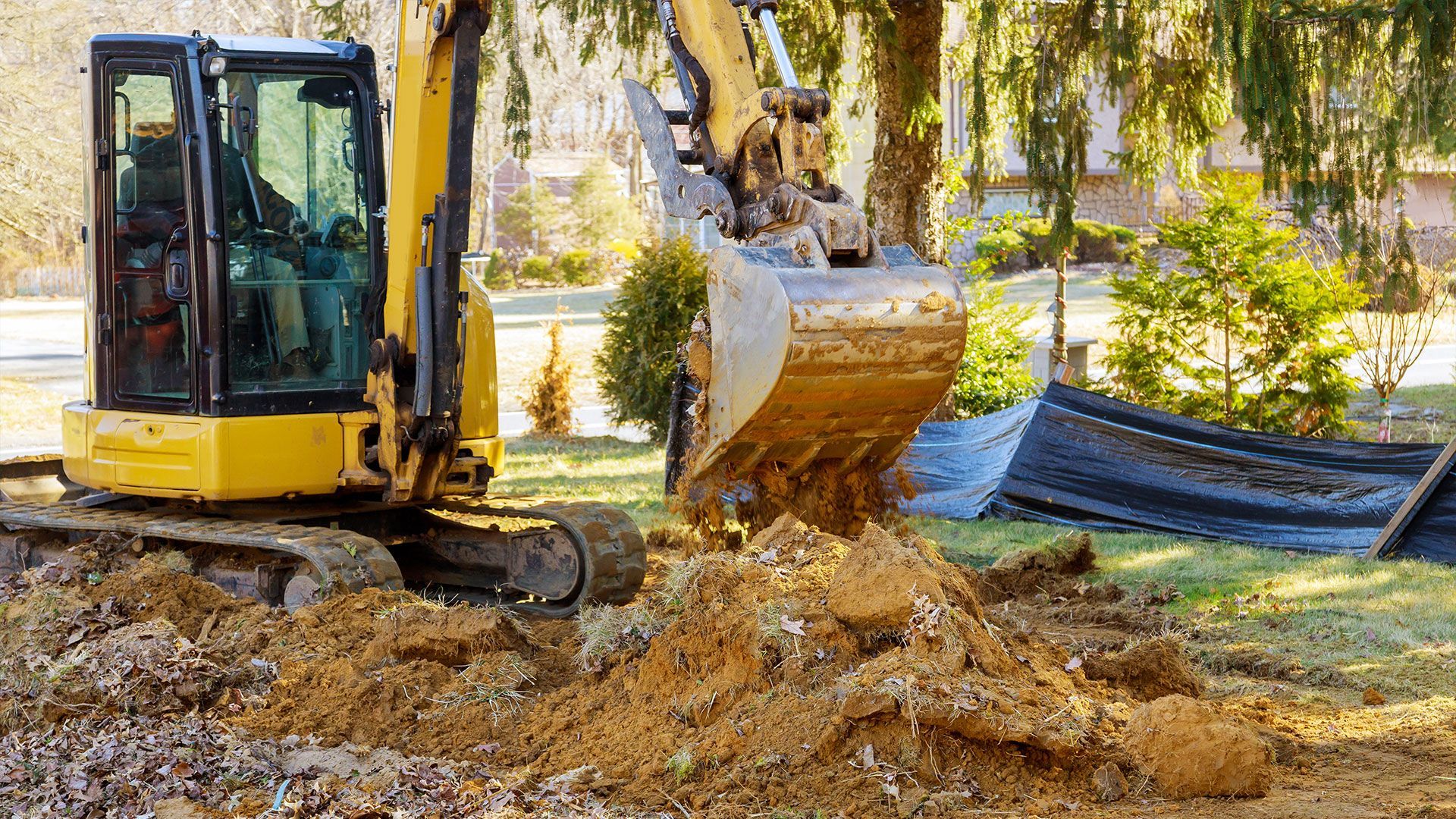
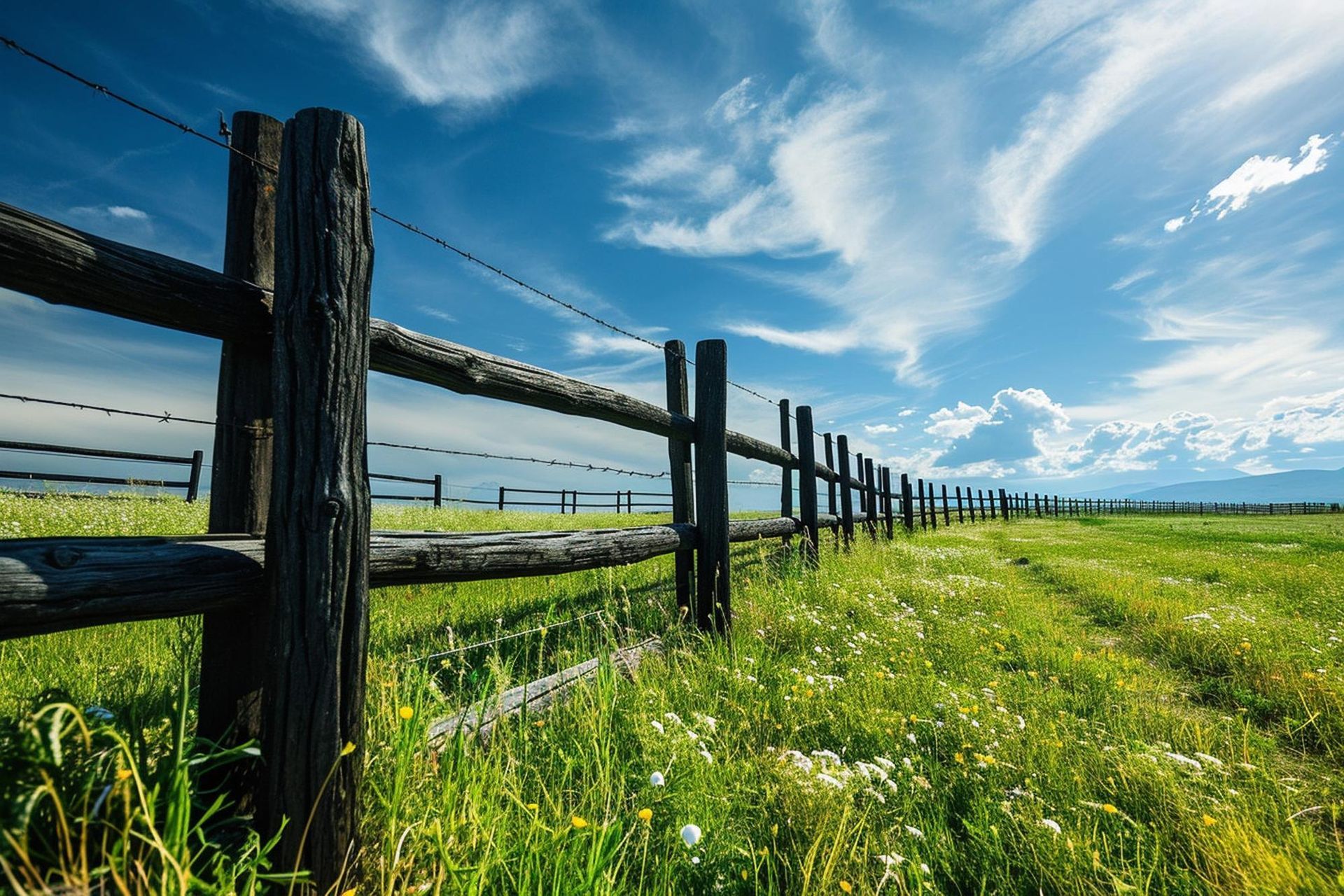

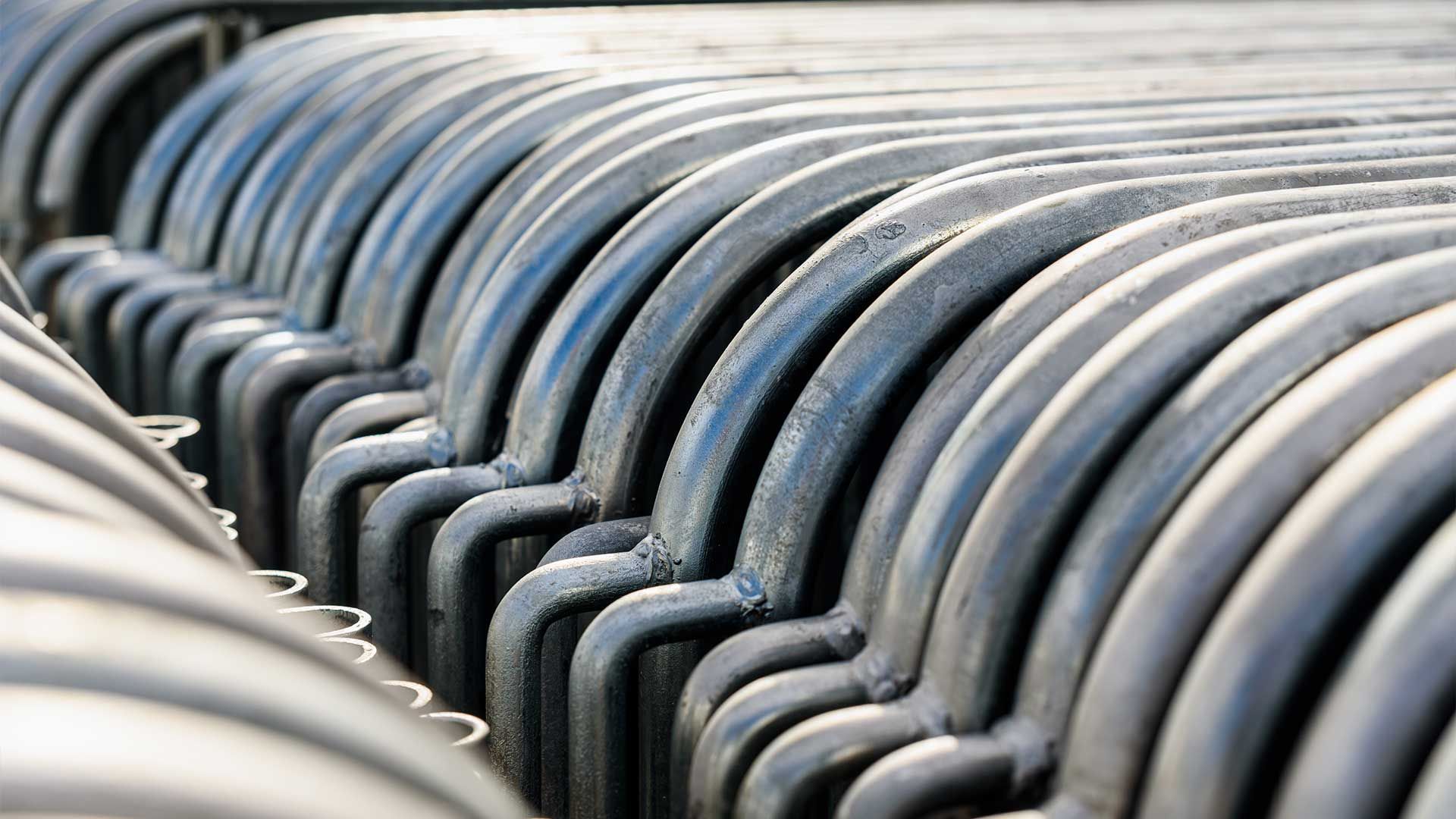

Byron Fence is your last step on the journey to your fence. We specialize in security for commercial, agricultural, and residential properties, and we make it look good.
Serving Middle Georgia since 2006
All Rights Reserved | Byron Fence
